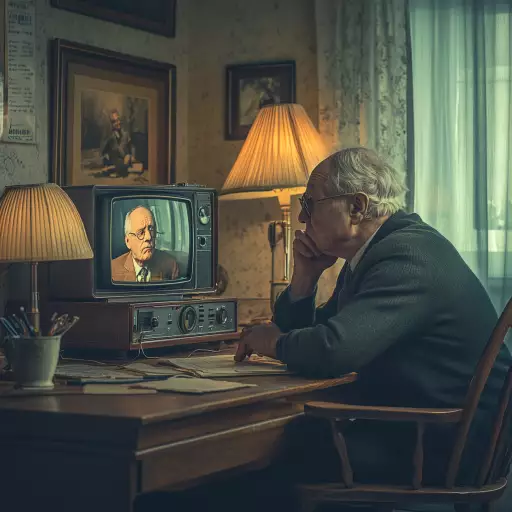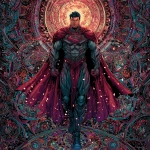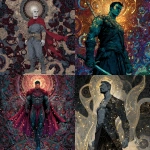Explore the Best AI Image Gallery

Beyond the Brush: Blockchains Untapped Potential in the Creative Industry
The art world is constantly evolving, driven by innovation and the desire to push boundaries. While technological advancements have always played a role in shaping artistic expression, blockchain technology stands poised to revolutionize the creative industry in profound ways.
Blockchain, the decentralized and immutable ledger system, offers unique capabilities that can empower artists, collectors, and institutions alike. From safeguarding intellectual property rights to facilitating transparent and secure transactions, blockchains potential applications in the creative sector are vast and transformative.
Reshaping Ownership and Copyright
One of the most significant impacts of blockchain is on the ownership and copyright of creative works. By recording ownership information on an immutable ledger, blockchain can prevent counterfeiting, ensure authenticity, and provide artists with greater control over their creations.
Smart contracts, self-executing agreements embedded in the blockchain, can automate royalty payments to artists every time their work is sold or licensed. This eliminates intermediaries and ensures that creators receive fair compensation for their intellectual property.
Empowering Artists and Creators
Blockchain technology empowers artists by providing them with new tools and platforms to connect with audiences and monetize their work directly. Non-fungible tokens (NFTs), unique digital assets representing ownership of a specific artwork, have gained immense popularity as a way for artists to sell and trade their creations online.
Decentralized marketplaces built on blockchain allow artists to bypass traditional gatekeepers like galleries and auction houses, reaching a wider audience and retaining greater control over their pricing and distribution.
Transparency and Traceability
The immutable nature of blockchain provides transparency and traceability throughout the creative process. Every transaction, from the creation of an artwork to its sale and transfer of ownership, is recorded on the blockchain, creating an auditable history that can be verified by all stakeholders.
This level of transparency builds trust and confidence in the art market, reducing fraud and ensuring the authenticity of artworks.
Challenges and Ethical Considerations
Despite its immense potential, blockchain technology also presents challenges and ethical considerations for the creative industry:
- Accessibility and Inclusivity: Blockchain can be complex to understand and navigate, potentially excluding artists who lack technical expertise or resources.
- Environmental Impact: The energy consumption associated with certain blockchain networks can raise environmental concerns.
- Copyright Infringement: While blockchain can help protect intellectual property rights, its essential to address the potential for misuse and ensure that artists retain control over their work.
- Data Privacy: The storage of personal data on the blockchain raises privacy concerns. Its crucial to implement robust security measures and transparent data handling practices.
Future Trends
The future of blockchain in the creative industry is bright, with several exciting trends emerging:
- Metaverse Integration: Blockchain-based NFTs will play a key role in virtual worlds and immersive experiences, enabling artists to create and sell digital assets within these environments.
- Decentralized Autonomous Organizations (DAOs): DAOs can empower creative communities by providing a platform for collective decision-making, resource sharing, and transparent governance.
- AI-Powered Creativity: Blockchain can facilitate the collaboration between artists and AI systems, enabling the creation of novel and innovative artworks.
As blockchain technology continues to evolve, its impact on the creative industry will only grow more profound. By embracing these innovations and addressing the associated challenges, we can unlock a future where art, technology, and creativity converge in exciting new ways.








](https://images.ai-img.art/thumbnails/150/9852ce8d1febd9d8344467b42688c54f3619e023e3b8515019ad9de85efc7f46.webp)




















](https://images.ai-img.art/thumbnails/150/92db9158526805f4e438e5531d51913400855d6281c3e9cfb60e2251a26f9c62.webp)


](https://images.ai-img.art/thumbnails/150/f3bef6b1c4c93eadc3cf2209f9062f676a6fd94018da7483cb40120fe1a9e60c.webp)














](https://images.ai-img.art/thumbnails/150/b280cd776d11e9ba6130542924a673299ee17d1d4cfb287df0445e71165211b4.webp)
](https://images.ai-img.art/thumbnails/150/564796a8f7e0059faedfce41fa3ac5bfa4c4065f231473bd5e3901336c92ffff.webp)
